#bronze antique
Explore tagged Tumblr posts
Text
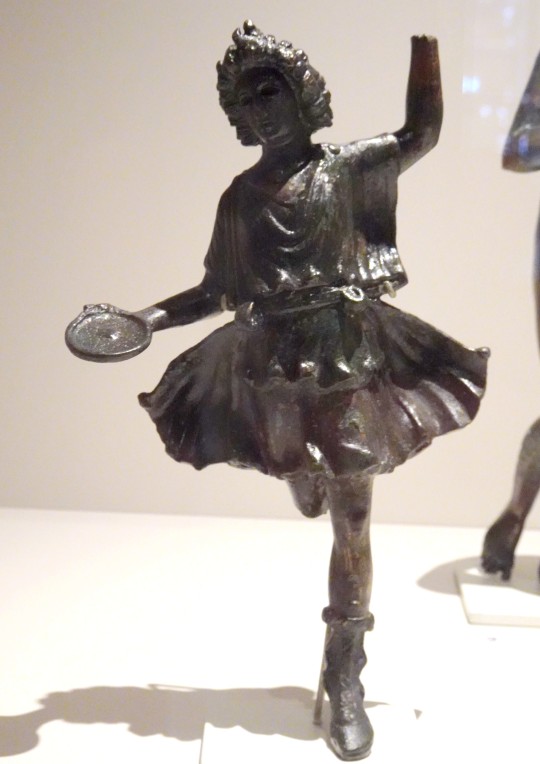
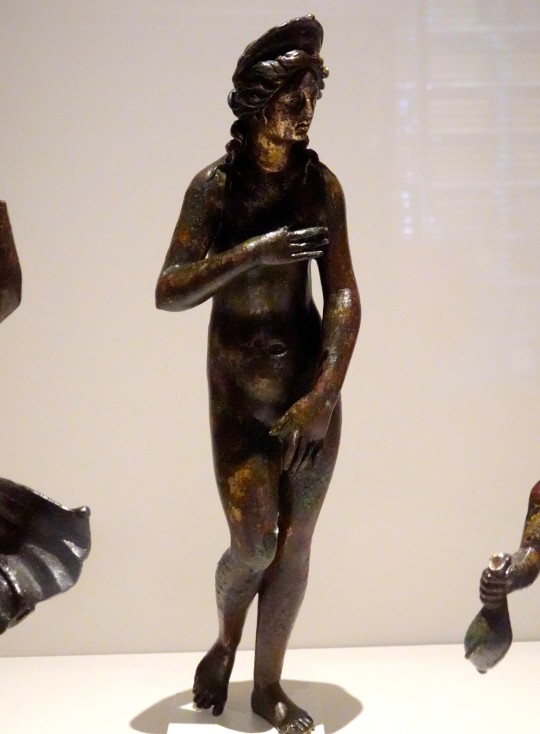
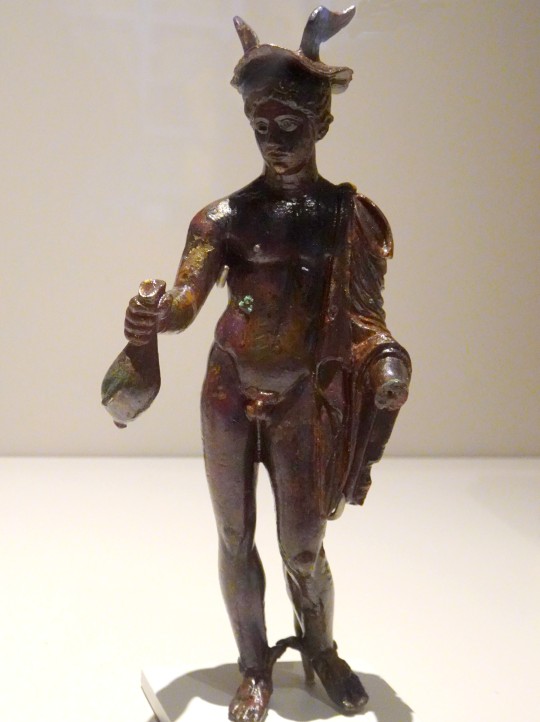
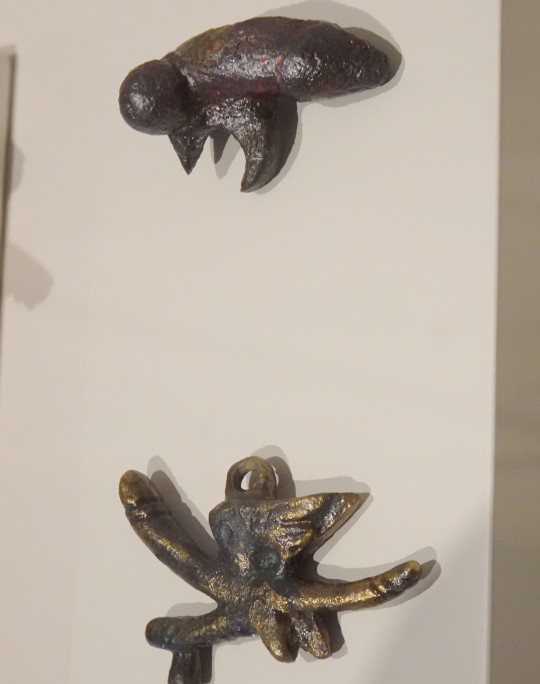
Il y a une dizaine de jours, je suis parti retrouver Christine à Narbonne.
Le Musée Narbo Via, dédié à la Narbo romaine (cette ville fut la première ville romaine hors d'Italie et un des 3 plus grands ports de l'Empire romain)
Lare en bronze - Narbonne, Ier-IIème s. ap. J-C.
Vénus pudique en bronze - Cuxac-d'Aude, Ier-IIIème s. ap. J-C.
Mercure en bronze - Narbonne, Ier-IIIème s. ap. J-C.
amulettes phalliques en bronze (des bites volantes, quoi) - Haut-Empire
#narbonne#aude#languedoc#archéologie#narbo via#narbo#rome antique#romain#gallo-romain#bronze#bronze antique#mythologie#divinité#lares#lare#vénus#vénus pudique#mercure#amulette#phallique#phallus#bite volante#cuxac#cuxac-d'aude
5 notes
·
View notes
Text
#18th century candlesticks#17th century candlesticks#16th century candlesticks#antique metalware#brass alms dish#17th century candlesticks cast iron mortar#bronze cauldron#brass candelabra#pewter candlestick#bronze candelabra#capstan candlestick#pewter flagon#antique brass candelabra#antique bronze candlesticks#antique brass candlesticks#antique bronze mortar antiques bronze#bronze antique#bronze antiques#Period oak antiques#Presteigne#England#UK
0 notes
Text
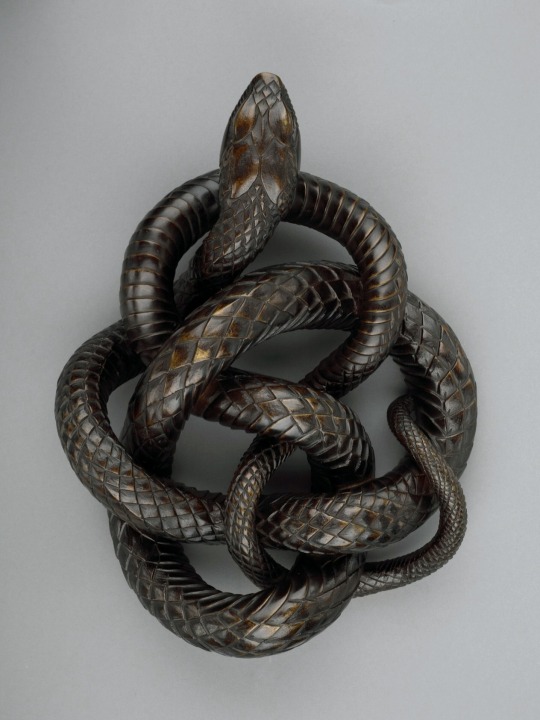
@archaeologyart
Late 16th to early 17th century bronze serpent, from Southern Germany or Northern Italy.
4K notes
·
View notes
Text

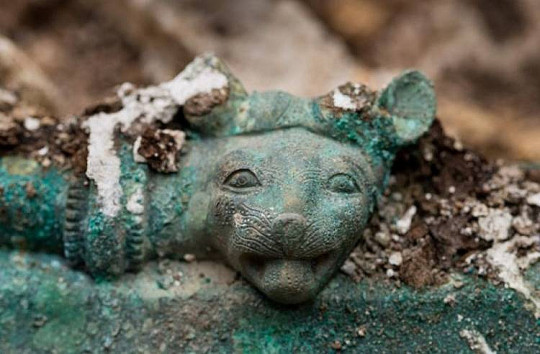
Details of an enormous bronze cauldron discovered a few years ago by French archaeologists near the town of Lavau in a tomb of a Celtic nobleman. The burial dates to around 500 BC and the cauldron itself is of Etruscan or Greek manufacture, showcasing the extensive trade links during the period.
#ancient history#ancient art#lavau grave#grave goods#bronze#bronze cauldron#hallstatt#greek#etruscan#antiquities#ancient civilisations#artifact#archaeology
591 notes
·
View notes
Text

Bronze breastplates uncovered near Filinges, France, circa 1100 BC
from The Museum of Art and History, Geneva
327 notes
·
View notes
Text
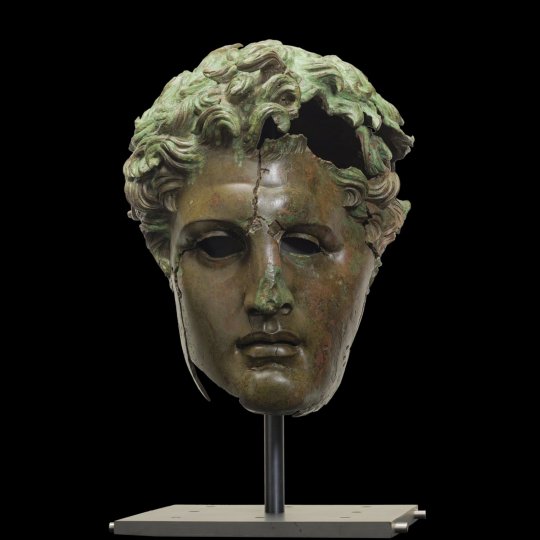
Demetrius I Poliorcetes
#demetrius i poliorcetes#demetrius poliorcetes#art#macedonian#nobleman#king#bronze#bust#head#demetrios poliorketes#ancient greek#ancient greece#classical antiquity#europe#european#history#macedon#macedonia#antigonid dynasty
230 notes
·
View notes
Text

2,000 Bronze Statue Fragments Found in Turkey Ancient Scrap Yard
Archaeologists in Izmir, Turkey have made an extraordinary discovery in the ancient city of Metropolis: Approximately 2,000 bronze statue fragments have been found in a section believed to have served as an “ancient scrap yard”.
The excavations are being carried out within the scope of the ‘Heritage to the Future Project’ of the Ministry of Culture and Tourism, under the direction of Prof. Serdar Aybek, Professor of Archaeology at Dokuz Eylül University, and in cooperation with the Sabancı Foundation.
Archaeologists have discovered evidence of many civilizations, from the earliest settlements in the Late Neolithic Age to the Classical Age, from the Hellenistic Age to the Roman, Byzantine, and Ottoman periods, in the ancient city of Metropolis, also called the “City of Mother Goddess,” where excavations have been going on since 1990.





In the ancient city, where many monumental structures were unearthed, these fragments, uncovered in an area believed to have served as an “ancient scrap yard,” offer a unique glimpse into the cultural and religious shifts of the region during the Late Antiquity period.
Professor Serdar Aybek stated that the bronze statue fragments were found in a corner of a space referred to as an “ancient scrap yard,” where they had been broken apart for melting and stored in bulk.
Aybek explained that the findings include statue pieces from the Hellenistic period and figures from the Roman era, describing them as “extraordinary discoveries, even for our field of work. We have uncovered approximately 2,000 bronze statue fragments,” he said.
He highlighted the significance of the bronze statues being broken into pieces, noting, “The collection and recycling of statues in the Late Antiquity provide concrete evidence in Metropolis. Among the findings are parts such as heads, eyes, fingers, and sandals.”



Drawing attention to the dismantling of these statues, Aybek said, “In the Late Antiquity, as mythological beliefs were abandoned in favor of monotheistic religions and Christianity became dominant in the region, bronze statues from mythological and earlier eras were dismantled. Although we do not yet have archaeological evidence to confirm this claim, we can suggest that a significant portion of them was repurposed for minting coins. During that period, rather than producing new materials, bronze groups, mainly consisting of outdated or damaged statues, were broken apart by the ancient scrap yard worker and prepared for melting.”
The fragments might be from the statues built to honor the benefactors listed in the “Metropolitan Apollonios” inscription, according to Aybek, who also underlined the historical significance of bronze statues in antiquity.
What makes this discovery even more remarkable is the evidence of recycling practices that date back over a millennium.
In addition to the fragmented statues, archaeologists discovered square and rectangular bronze plates that were probably used for statue casting and repair. This implies that, at its height, Metropolis might have served as a center for the creation or repair of bronze statues.
By Leman Altuntaş.



#2000 Bronze Statue Fragments Found in Turkey Ancient Scrap Yard#ancient city of Metropolis#ancient scrap yard#bronze#bronze statue#bronze sculpture#ancient sculpture#ancient artifacts#archeology#archeolgst#history#history news#ancient history#ancient culture#ancient civilizations#late antiquity period#ancient art
173 notes
·
View notes
Text
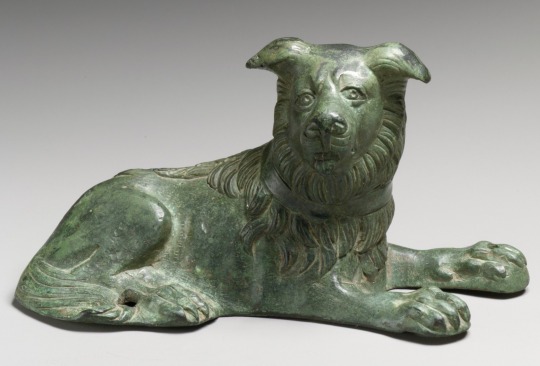
Bronze statuette of a dog
Roman
2nd-3rd century CE
#roman art#dogs#bronze#bronze statue#animals in art#ancient art#ancient people#ancient statue#statue aesthetic#aesthetic#beauty#ancient artifacts#artifacts#antiquities#beautiful animals#dogs of tumblr#cute dogs#modern art#art history#aesthetictumblr#tumblraesthetic#tumblrpic#tumblrpictures#tumblr art#tumblrstyle#artists on tumblr
2K notes
·
View notes
Text
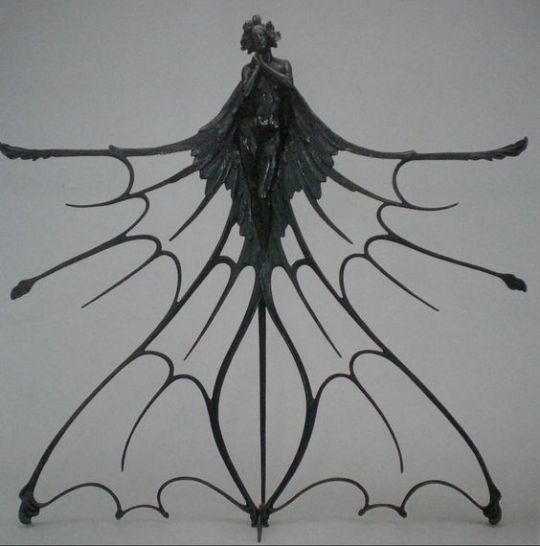
René Lalique
#art#art nouveau#art nouveau decor#art nouveau design#sculpture#decoration#lalique#rene lalique#19th century#metalwork#bronze sculpture#whimsigoth#whimsigothic#jewelry#antique#butterfly
1K notes
·
View notes
Text

Interior Visions: Great American Designers and the Showcase House, 1988
#vintage#interior design#home#vintage interior#architecture#home decor#style#1980s#living room#80s#classical#villa#mediterranean#antique#books#Louis#chairs#damask#painting#bronze#sculpture
214 notes
·
View notes
Text

Figurine, Nordic Bronze Age, Ca. 740-550 B.C.
Tollense Valley, Germany,
Bronze, 5.5 inches tall; weight 5.4 ounces
#art#history#design#style#archeology#sculpture#antiquity#figure#germany#tollence valley#nordic#bronze age#figurine
233 notes
·
View notes
Text
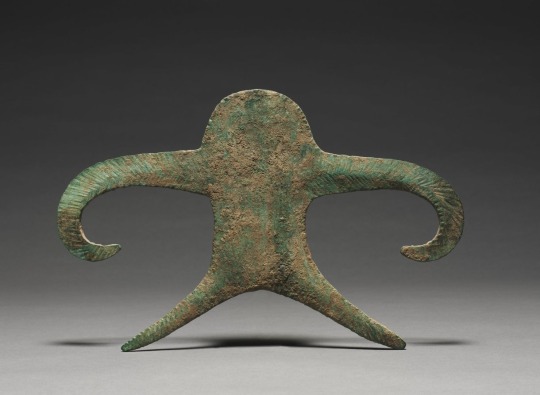
Anthropomorph - bronze - India - Bronze Age, c. 1500-1000 BCE
440 notes
·
View notes
Photo
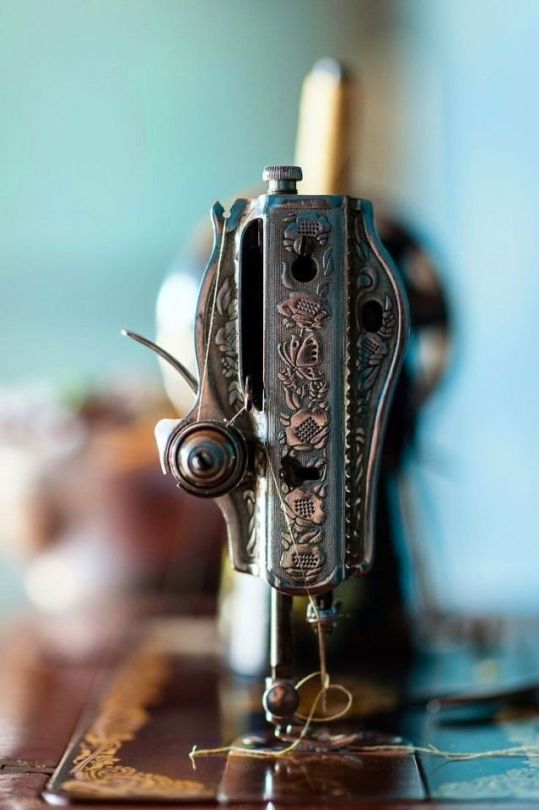
~ Aqua and Bronze ~
207 notes
·
View notes
Text

Roman bronze lamp. Dated to the 2nd century CE.
#artifact#antique#antiquity#roman history#roman art#rome#roman mythology#bronze#lamp#2nd century#art history#history#mythology and folklore#toya's tales#style#toyastales#toyas tales#art#classical art#lion#october#fall
144 notes
·
View notes
Text


2 MINERVAs: 'Small Bronzes' - Two [votive] statuettes of fighting Minerva, both wear Aegis Etrusco-Umbrian, 'Maestro Fiesole' Workshop 450-400 BC. 'In the Umbro-Sabellian area the production of small bronze statues developed around the beginning of the 5th c. BC.' 'Divinities are often reproduced, among which the portrayal of Minerva on the attack, wearing a high-crested Attic helmet and a cuirass with a gorgoneion in the middle of the breast, an outstandingly valuable specimen from the 2nd-half of the 5th c. BC, attributed to a master working in northern Umbria.' [Txt ©ETRU]
Museo Nazionale Etrusco di Villa Giulia, Rome | ETRU [Floor 1, Sala 16 'Kircher Collection']
Web : https://www.museoetru.it/en
FB : https://www.facebook.com/VillaGiuliaRm
IG : @ museoetruscovillagiulia
X : @ VillaGiuliaRm
YT : https://www.youtube.com/@museoetruTV
ETRU | Michael Svetbird phs©msp | 28|09|24 6400X4500 600 [I.] The photographed objects are collection items of ETRU [Non-commercial fair use | No AI | Author rights apply | Sorry for the watermarks]
📸 Part of the "Small-Format Sculpture and Miniature Artifacts" MSP Online Photo-gallery:
👉 D-ART: https://www.deviantart.com/svetbird1234/gallery/69450077/small-format-sculpture-and-miniature-artifacts
👉 FB Album: https://www.facebook.com/media/set/?set=a.859777984390780&type=3
.
#rome#museo etrusco villa giulia#villa giulia#etruscan museum#archaeological museum#etru#etruria#umbria#etruscan#umbrian#etruschi#bronzes#statuette#ancient#art#sculpture#antiquity#archaeology#art history#heritage#mythology#minerva#goddess#museology#culture#antiquities#museum photography#archaeology photography#art photography#michaelsvetbird
69 notes
·
View notes
Text

Bronze breastplate uncovered near Filinges, France, circa 1100 BC
from The Museum of Art and History, Geneva
226 notes
·
View notes